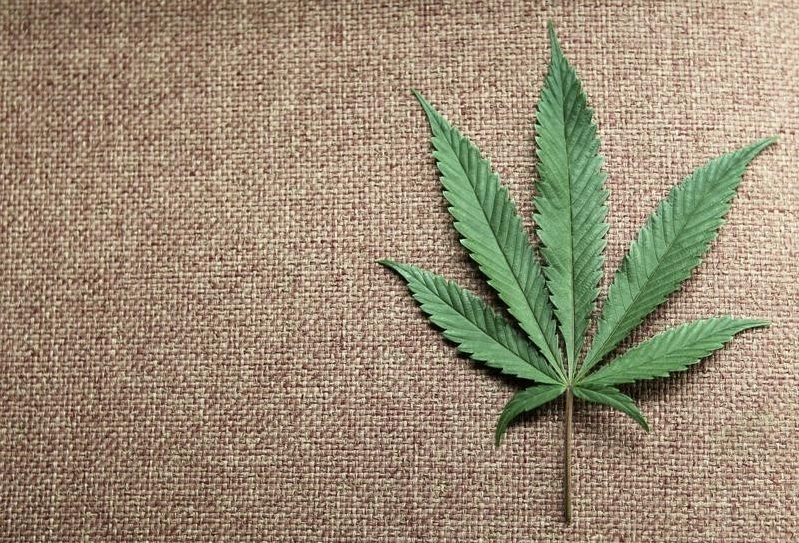
As fewer U.S. high school students exclusively smoke cigarettes and cigars, more of them are using marijuana, a recent study suggests.
Overall, the proportion of teens in grades 9 through 12 who only smoked traditional tobacco products declined to 7.4 percent of students in 2013 from 20.5 percent of students in 1997, the study found.
However, exclusive use of marijuana more than doubled from 4.2 percent of students to 10.2 percent over the study period.
While concerted public health efforts to prevent cigarette use and encourage cessation may have contributed to declines in teen use of these products, it's also possible that the legalization of medical marijuana in a growing number of U.S. states may be increasing teens' perceptions that this is beneficial rather than harmful, said lead author Italia Rolle, who is lead epidemiologist in the Office on Smoking and Health at the Centers for Disease Control and Prevention in Atlanta.
"Parents should be aware that despite significant declines since 1997, approximately 30 percent of white, black and Hispanic U.S. high school students were current users of cigarettes, cigars or marijuana in 2013," senior study author Dr. Timothy McAfee, the senior medical officer in the CDC Office on Smoking and Health, said by email.
"It's also important to note that this does not include other tobacco products such as hookah and e-cigarettes, which have become increasingly popular among U.S. youth in recent years," McAfee added.
Previous research has found that since 2010, the proportion of 12th grade students who used marijuana surpassed the proportion who used cigarettes, based on surveys asking teens about what products they used during the past month, Rolle, McAfee and colleagues note in the CDC's Morbidity and Mortality Weekly Report.
For the current study, the research team examined racial differences in teen use of cigarettes, cigars and marijuana over time based on surveys completed by tens of thousands of students in public and private high schools nationwide.
Among white students, any cigarette, cigar or marijuana use decreased over the study period. Usage also declined among black and Hispanic students until 2007, after that, it increased among black students and remained little changed for Hispanic teens.
Marijuana use among cigarette smokers rose over time, with substantial increases among black and Hispanic students toward the end of the study period.
The study has several limitations, including its reliance on teens to honestly report whether they smoke cigarettes or pot, the authors acknowledge.
It also doesn't measure hookah use, which is linked to marijuana use and might offset declines in cigarette or cigar smoking, or track use of blunts - rolled with a combination of pot and tobacco - that are popular among youths.
The survey data also didn't cover electronic nicotine delivery devices such as e-cigarettes or vape pens, the authors note.
More research is needed, too, to explain the racial differences found in the study, noted Adam Leventhal, director of the University of Southern California's Health, Emotion and Addiction Laboratory in Los Angeles.
Marijuana use might, for example, be rising due to more addictive strains that lead teens who might have experimented just once in the past to crave more after they get a taste, Leventhal, who wasn't involved in the study, said by email.
"We are seeing an evolution in the culture and pattern of trends in youth tobacco product and marijuana use in several regions of the country, which makes the landscape for parents, teachers and school administrators quite different today than in prior years," Leventhal said.
In particular, teens today can use products that don't show smoke like traditional cigarettes or smell like the pot smoked when their parents were young, Leventhal noted.
"Vaping - whether it's solutions with nicotine, marijuana preparations, or just drug-free solutions - is easy for teens to conceal because the devices can be set to release non-visible vapor and the smell of such vapors is much less odorous than tobacco or marijuana smoking," Leventhal said.
SOURCE: http://1.usa.gov/1S9m9ps Morbidity and Mortality Weekly Report, online October 16, 2015.






